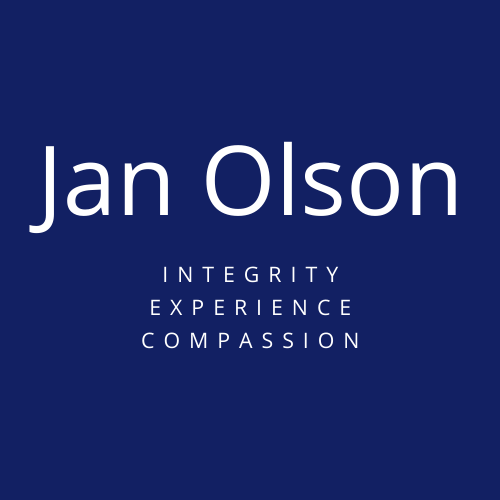John School – Court Ordered Intervention Program in Prostitution Cases
For johns caught patronizing a prostitute , there is a slippery slope once busted. After being shamefully arrested, cuffed, jailed and hauled into court, there are standard terms if the john is convicted. There are few defenses to the allegations. The most common defense being “no clearly communicated offer and acceptance.” Most patronizing cases (called “sexual exploitation” in Seattle) do not go to trial. One caught, the john is too ashamed to face a judge or jury. This is particularly true with the current sensitivity that prostitutes are victims.
, there is a slippery slope once busted. After being shamefully arrested, cuffed, jailed and hauled into court, there are standard terms if the john is convicted. There are few defenses to the allegations. The most common defense being “no clearly communicated offer and acceptance.” Most patronizing cases (called “sexual exploitation” in Seattle) do not go to trial. One caught, the john is too ashamed to face a judge or jury. This is particularly true with the current sensitivity that prostitutes are victims.
In Seattle and King County, in addition to jail and fines, the john can now expect that a part of his sentence will be attendance at john school. The Seattle “Sexual Exploitation” ordinance includes requirements that a john receive programming “designed to educate offenders about the negative costs of prostitution.”
What can the offender expect at John School?
There is currently a ten-week “intervention program” designed for johns to learn the social costs involved with engaging in the risky behavior. The program teaches how women involved in sex-for-hire are often victims of human trafficking. The information at john school is valuable. However, there are not a lot of statistics to determine if such programming helps prevent relapse. Johns should know that they will be forced into such educational programming.
After attending john school, the feedback I’ve received is largely positive. The attendees are aided by the information learned in john school. However, there are some drawbacks. Everyone is treated the same, regardless of how often they engaged in patronizing activity. Psychologists or sociologists often wonder whether shaming all individuals is effective. One-liners like “this is someone’s daughter” may not get the john to recognize the immorality of the behavior.
A change of attitude towards the john in law enforcement.
As a criminal defense lawyer, I can assure the reader that the climate and attitude about these cases has dramatically changed. There is no longer an attitude of light treatment wherein “boys will be boys.” I used to get clients into diversion programs where they would avoid criminal convictions. This usually meant their employment was not jeopardized. In 2016, persons busted for sexual exploitation are treated more like sex offenders than sailors on shore leave.
Having a criminal conviction for this offense carries a stigma. The weight of it may literally follow the person forever. It will take a long time and effort to ultimately erase or vacate the conviction. Even then, the person’s behavior will always be known to the police by provision of a DNA sample.
